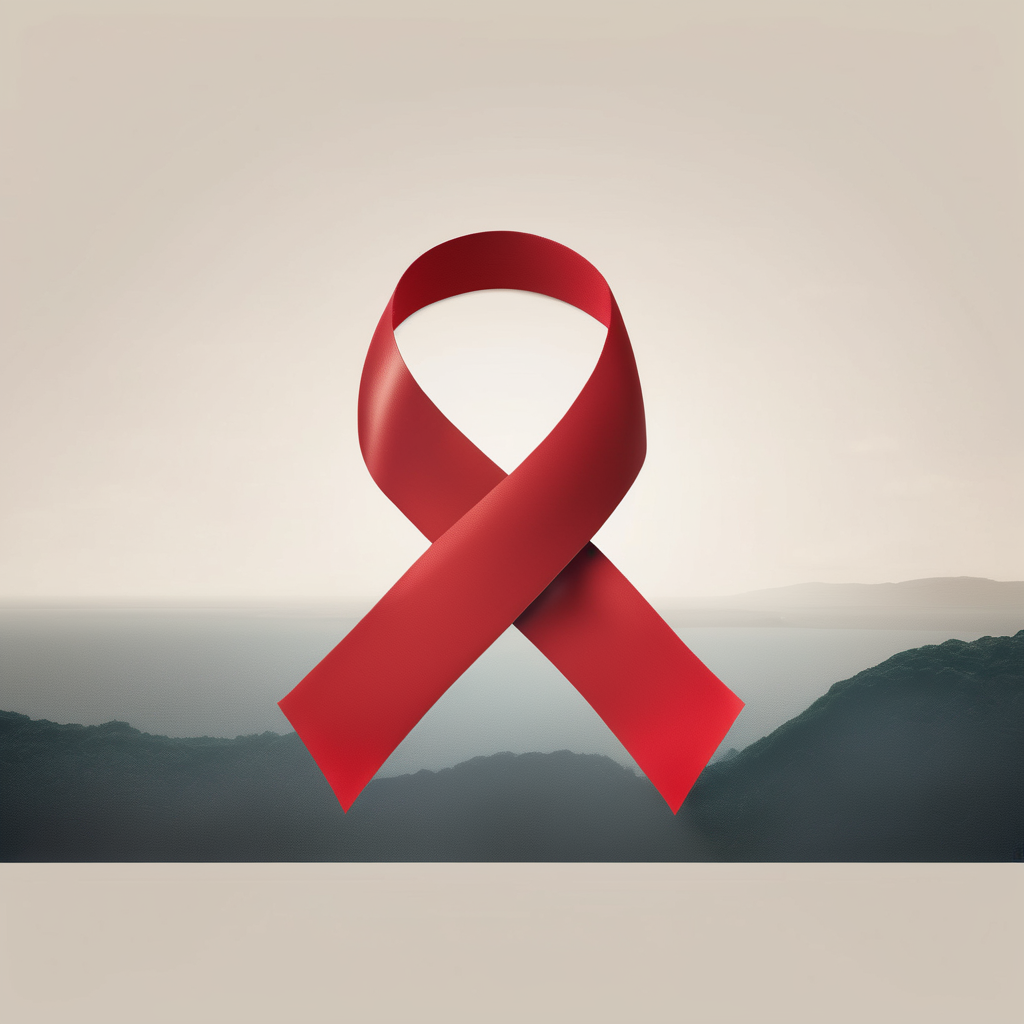Fiji is currently grappling with a critical HIV epidemic that poses serious challenges not only to the nation but also to the wider Pacific region. UNAIDS Regional Director Eamonn Murphy has emphasized that the response to HIV in Pacific island countries has become fragmented and heavily reliant on external support. He underscored the importance of strong domestic investment and regional collaboration to effectively combat the increasing number of cases.
In response to the alarming rise in infections, Fiji is taking a proactive approach by coordinating health services between the government and local communities. Health Minister Dr. Ratu Atonio Lalabalavu has announced plans to recruit trained personnel to bolster the country’s HIV services, with the Ministry of Health set to advertise critical positions soon. This initiative is part of a broader strategy to enhance the nation’s response to HIV, which has seen a significant uptick, including a staggering 3,091 percent increase in new cases from 2010 to 2024.
Murphy highlighted that no single Pacific island can remain safe while others struggle, calling for stronger regional unity. He noted that learning how to respond effectively to behaviors that are often seen as socially unacceptable should come from within the community. This approach not only reduces costs but also ensures community members are directly involved in service delivery, which is vital for effective prevention and treatment.
Despite the challenges posed by rising infection rates—in particular among marginalized communities—there is a sense of optimism driven by regional cooperation. Previous articles have noted similar concerns, citing alarming statistics such as 1,093 new HIV cases reported between January and September 2024. However, the collective support from various stakeholders, including international partners, offers a hopeful outlook.
The Ministry of Health is actively implementing initiatives like the HIV Surge Strategy, which aims to expand testing and improve treatment access while engaging communities in health initiatives. The joint efforts between government agencies, healthcare providers, and local organizations may pave the way for a healthier future for all Fijians and reduce the stigma surrounding HIV.
With continued commitment from health officials and community leaders, Fiji seeks not only to address the HIV epidemic but also to foster an environment where individuals can seek help without fear of discrimination, allowing for improved health outcomes in the region.
